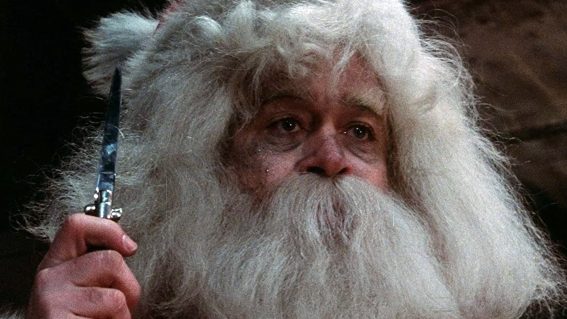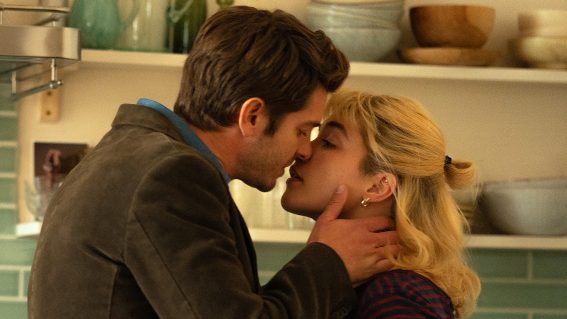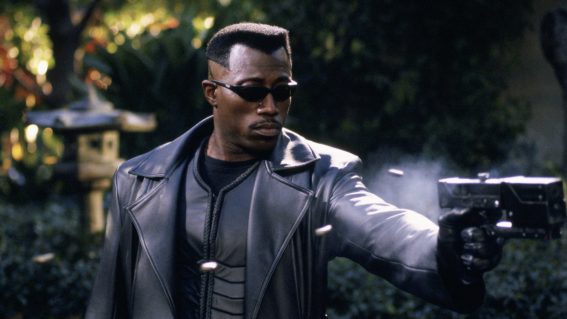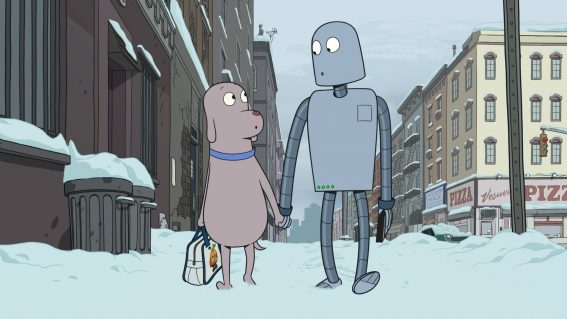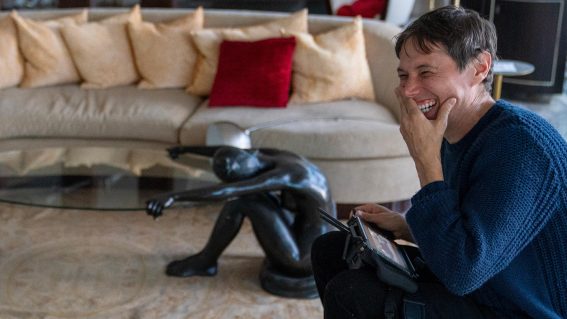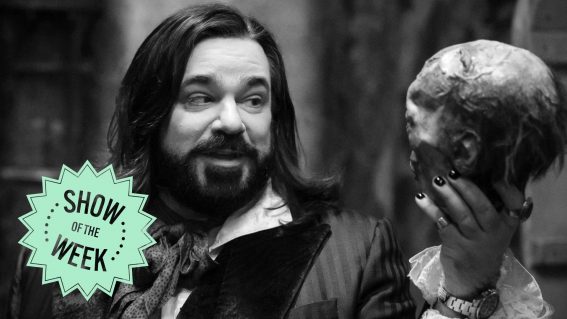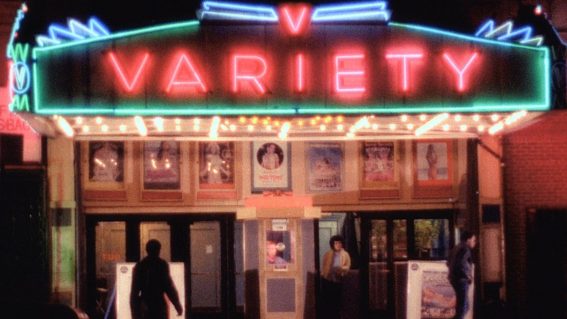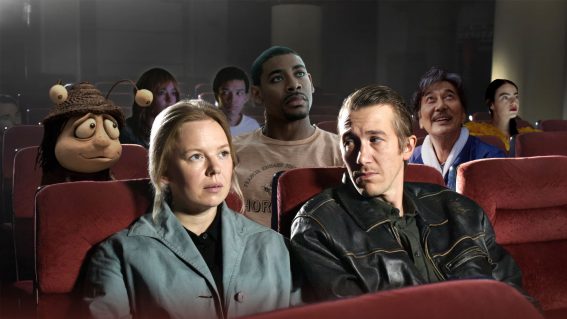The Bear’s hospo realness and seat-of-your-pants energy
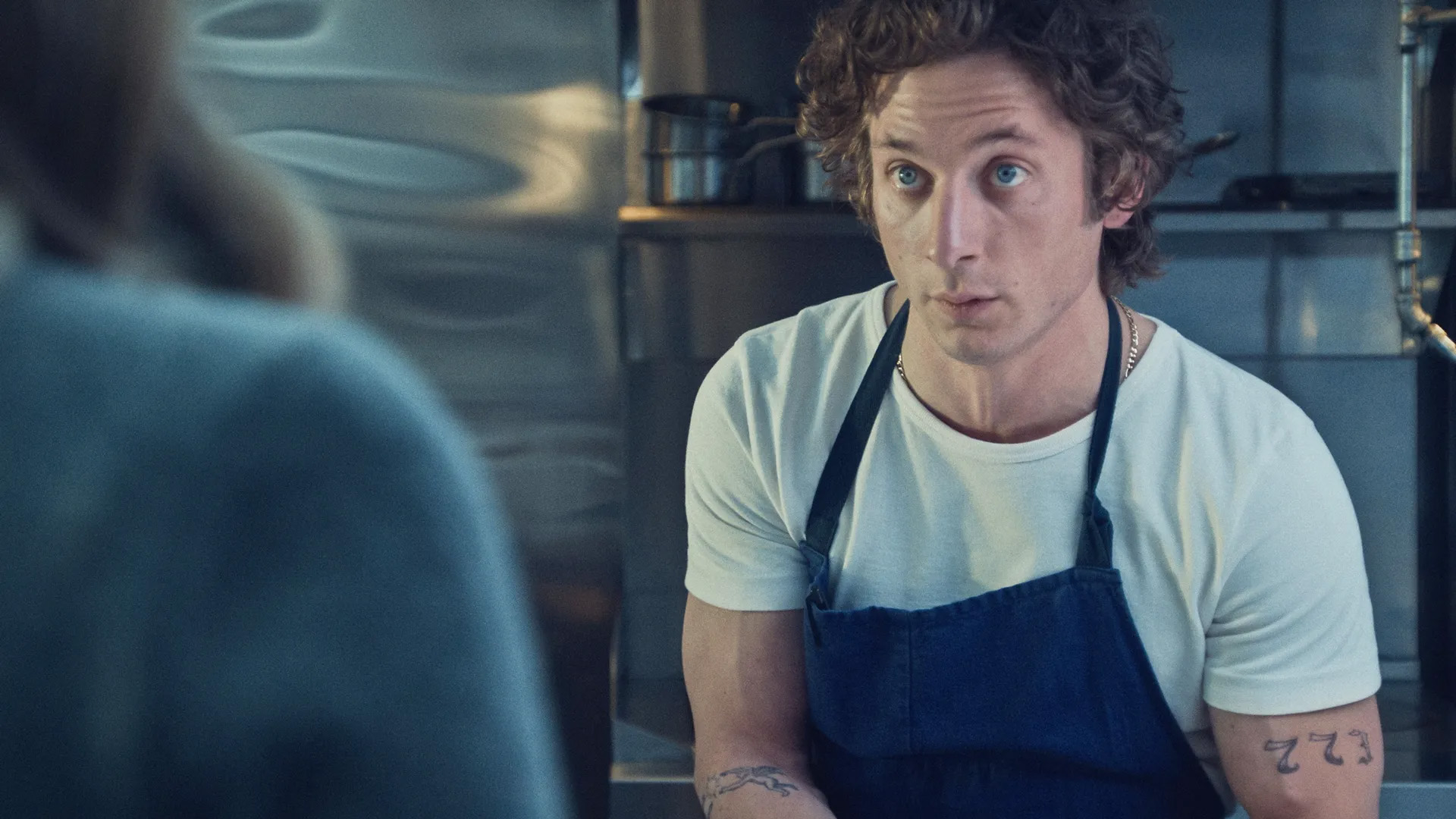
Intense culinary drama (and so much more) The Bear returns for its third season. Just before the new course hits the table, Tony Stamp takes a moment to reflect on what’s made the previous episodes such great telly.
For around ten years, I worked in hospitality. I waited tables, made coffee, tended bar, and, not infrequently, got yelled at. Usually in kitchens, by chefs. I did this in three different countries, making very little money, and having a great time. The friendships you make in hospo are good ones. Being hospitable fosters a tight-knit dynamic.
From its start The Bear drew comments about its frantic, abrasive kitchen scenes, and how they might trigger flashbacks in anyone who’s worked a similar role. I was certainly taken with how the creators captured that feeling of striving for perfection while making in-the-moment decisions, and the hardest aspect of all: you have an inbuilt audience, and they’re waiting for you to bring them food.
The show views its characters through this lens: the second season in particular puts emphasis on the word ‘service’, and how being in service to others can enrich the giver as much as the recipient.
It’s Richie who primarily learns that lesson, but it’s there for Tina, who’s overcome when offered a chance to become sous chef, looking happier than she had… ever, and indulging in an impromptu bit of joyous karaoke.
Marcus, too, wants to improve for the benefit of others, impressed by Carmy’s fine dining background and intrigued by his old recipes.
Carmy himself is driven to a problematic degree to be the best, and Sydney, the character who feels most like an audience surrogate, is looking to atone for past mistakes by succeeding in her new endeavour.
All these characters, and the many others in The Bear’s orbit, want to get ahead, and the way they’ve chosen to do that is by providing for others. It’s why the episode called ‘Forks’ is so revelatory, as Richie is embedded in a Michelin star restaurant and learns that he’s not above his station in life. Once he gives himself over to it he discovers some inner joy.
The hard cut from his success in the job to an enthusiastic singalong to Taylor Swift, (his distaste for her, and his daughter’s fandom, were cleverly embedded in earlier episodes), is the show’s finest moment so far, an incredible bit of television than sums up its mission statement, and makes it clear what all these people are striving for, in one transcendent moment.
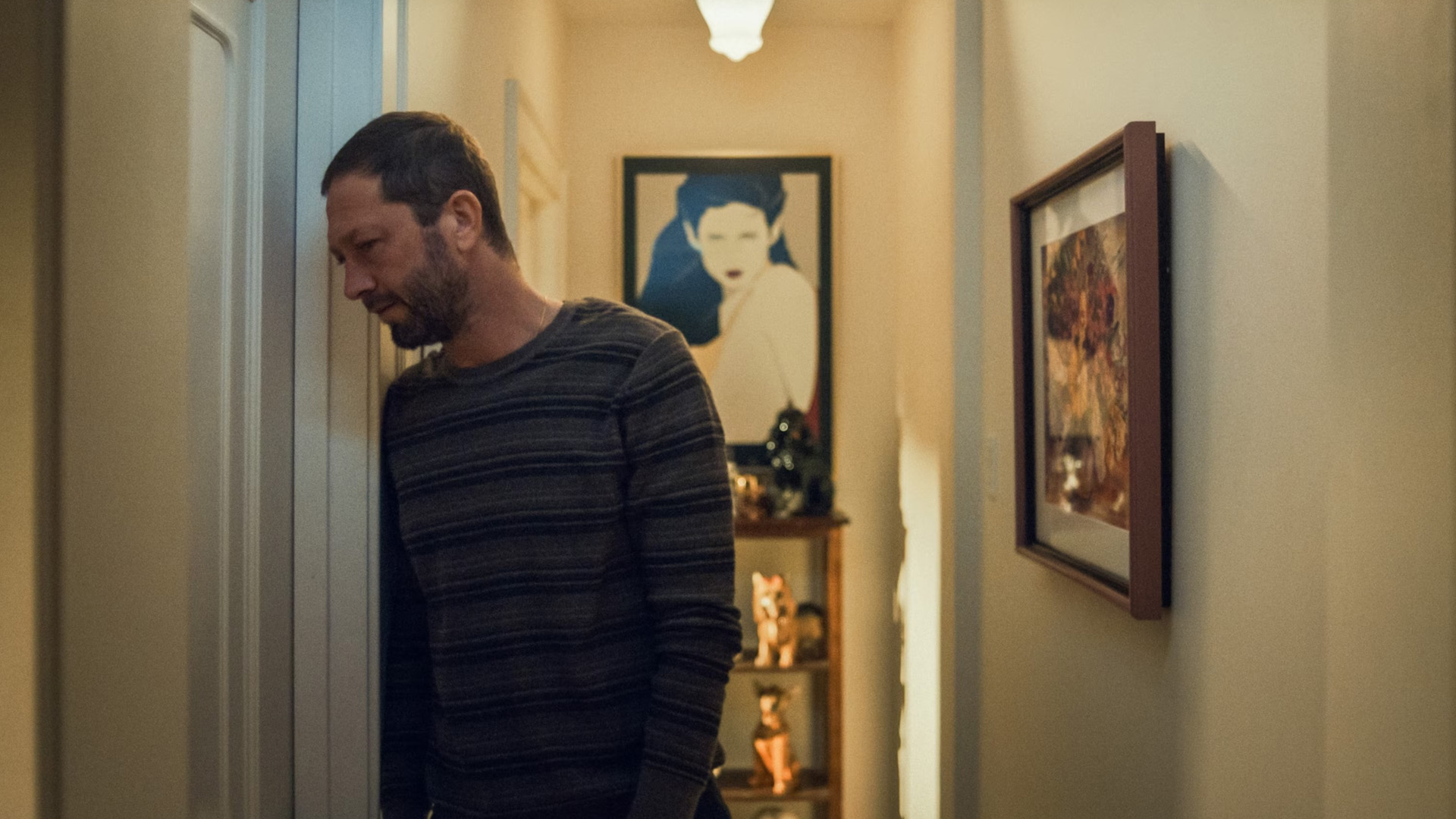
Around this truth, The Bear layers in many others. Richie is an obnoxious loudmouth when we first meet him, but in flashbacks, in the shadow of Carmy’s late brother Mikey, he sure is quiet.
As played by Jon Bernthal, Mikey is someone who fills every room he enters. If you receive his attention, it can feel like the sun is shining just on you (as in season one’s conclusion, another breathtaking bit of TV), or, as Uncle Lane (Bob Odenkirk) found out in the season two episode ‘Fishes’, it can feel a bit like being run over.
Mikey’s legacy hangs over the show, constantly haunting Carmy as a personality so big he can never live up to it, but as ‘Fishes’ showed, he was a victim of his own temper, and the toxicity that led to.
That episode had a bevy of guest stars, perhaps a sign of the show’s popularity, but season one elevated a cast of (mostly) unknowns, all of whom are given well-rounded characters. Think of the impression Ebraheim (Edwin Lee Gibson) makes with relatively brief screen time.
The standouts were conflicted, braggadocious-with-an-inferiority-complex Richie (Ebon Moss-Bachrach was familiar as Desi from Girls, but this was a whole other thing), and ticking-time-bomb Carmy, (Jeremy Allen White had been in Shameless, but it was this show that led to roles like his turn in The Iron Claw).
Shining even brighter though was Ayo Edebiri, who prior had done some TV writing, and appeared in Ayo and Rachel are Single with Rachel Sennott, but was propelled into the A-list by her work here. Edebiri’s power is now such that she can say ‘no’ to a role in a Marvel movie, and pundits will agree that’s the right move.
Her character Sydney is the one we’re rooting for. She’s learning to deal with these hotheads at the same time as we do, and Ayo is an eminently watchable screen presence.
With the eve of season three upon us, it remains to be seen how the show will evolve. The second outing stepped outside the pressure cooker atmosphere of the kitchen for tranquil retreats to Amsterdam, (Marcus learning the secrets of sweetness from Will Poulter), and the aforementioned ‘Forks’ (Richie engaging in philosophical mushroom peeling with Olivia Colman). Sydney made Natalie an omelette, and it was lovely.
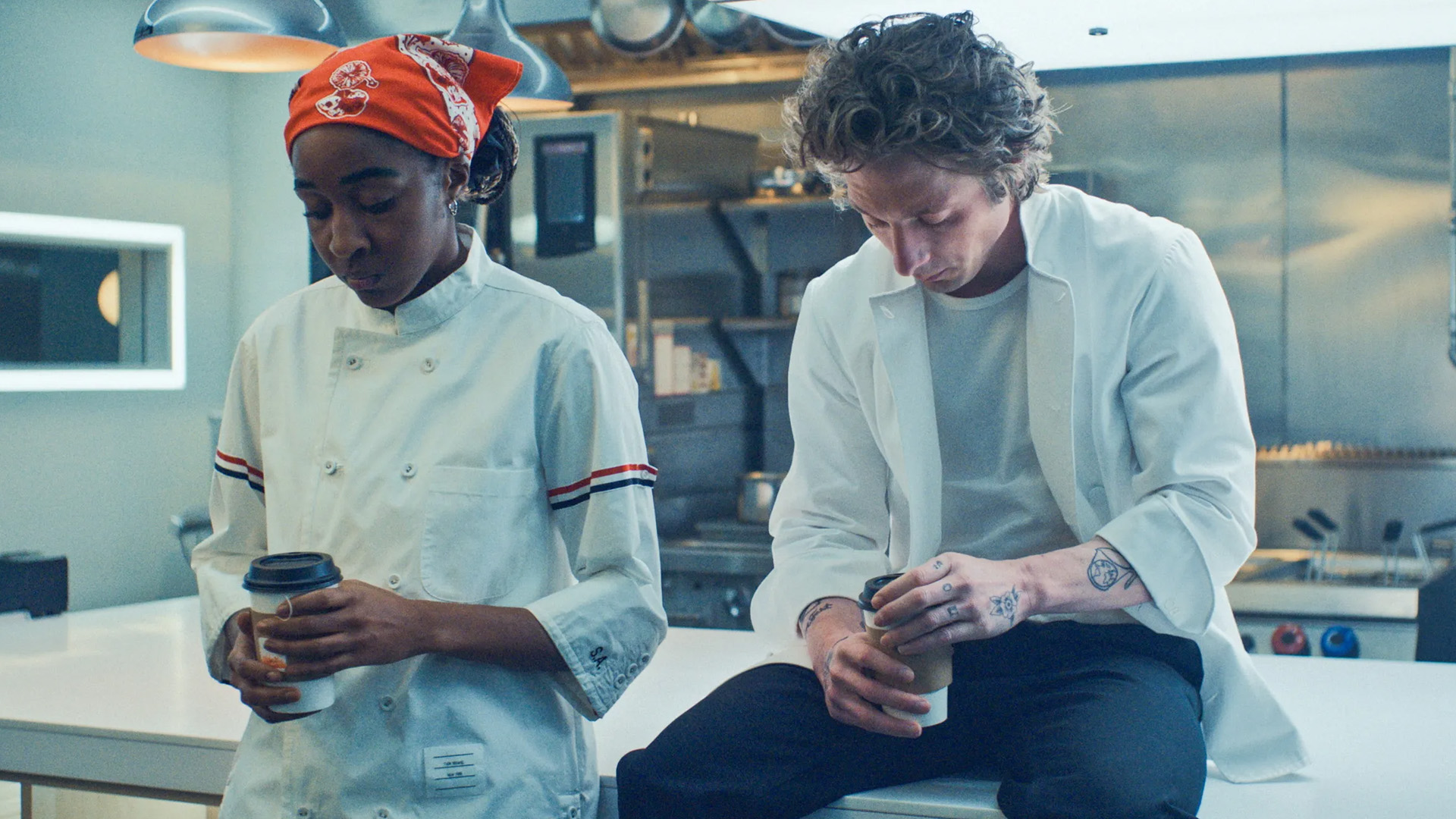
There was ‘Fishes’ of course, an episode-length panic attack featuring Jamie Lee Curtis, and then the finale ‘The Bear’ returned to the stress of running a restaurant (ingeniously taking us into the serene dining environment periodically before throwing us back into the chaos of the kitchen).
But who knows what lies ahead, and what ways the show’s creators will find to switch things up. The series has a notoriously fast production schedule, which is wholly appropriate: The Bear runs on seat-of-your-pants energy, and can feel like a lot of spontaneous decisions stitched together.
That has so far resulted in incredible viewing, whether you have a background in hospitality (or, service), or not. It’s a show that dispensed with old models of prestige TV in favour of trying its own thing, (much like its characters), and the gamble worked.



